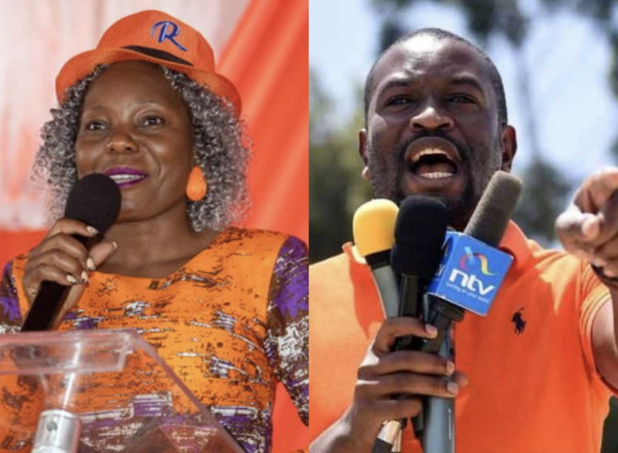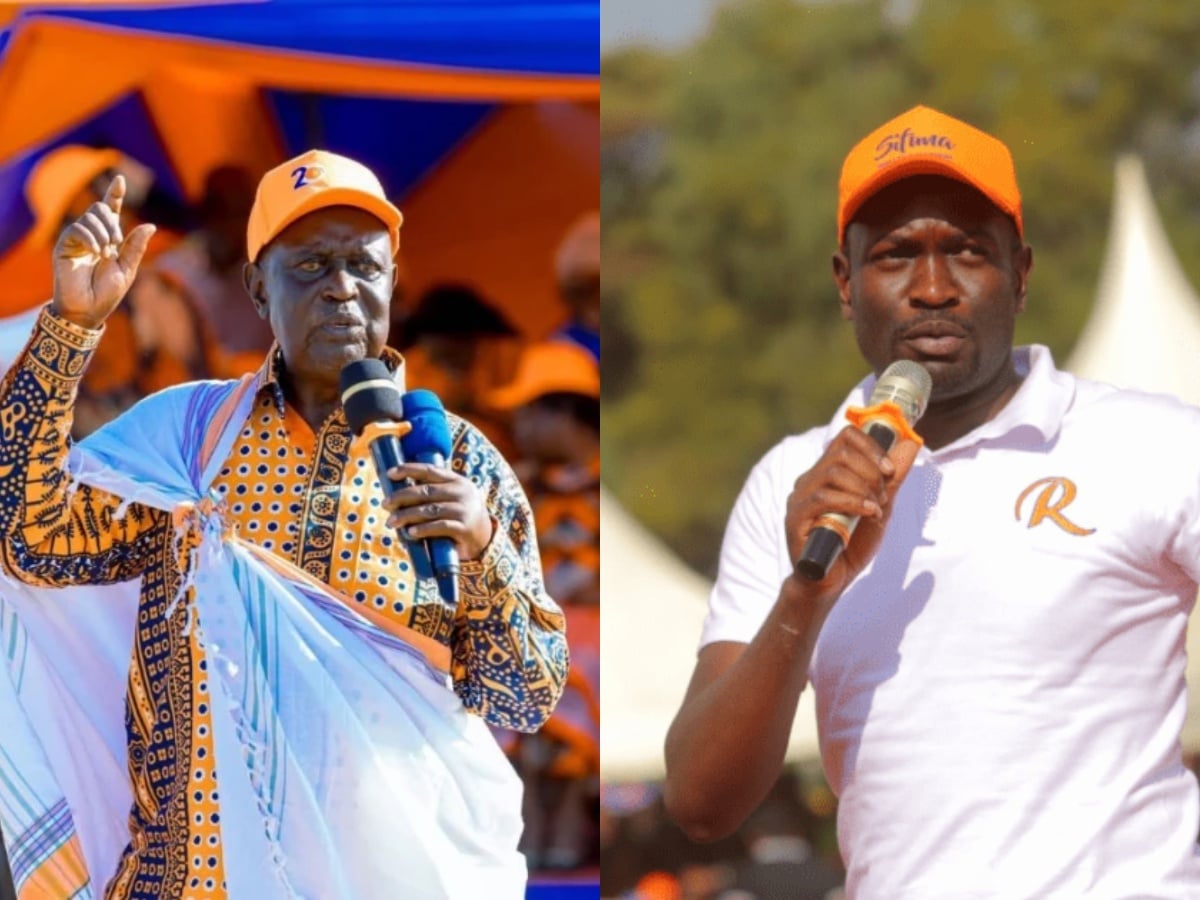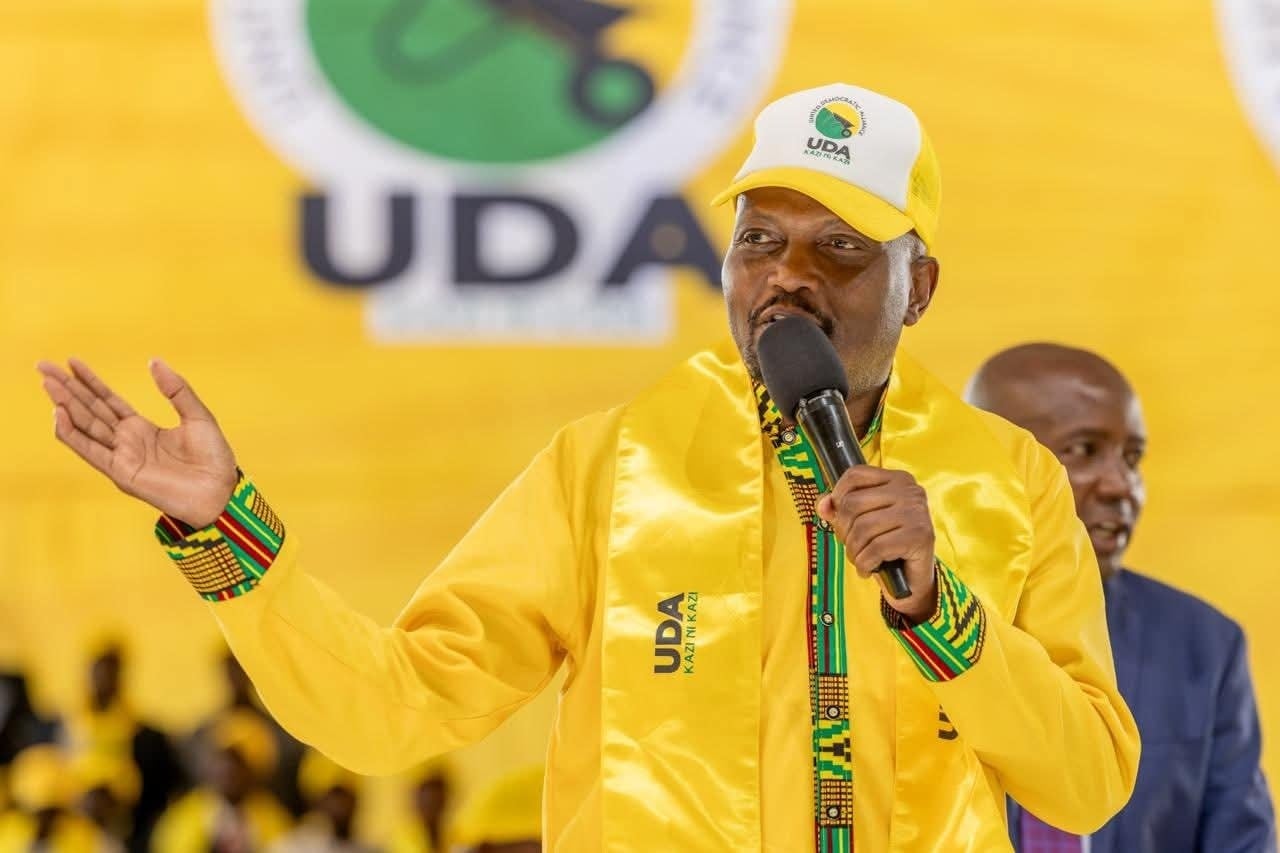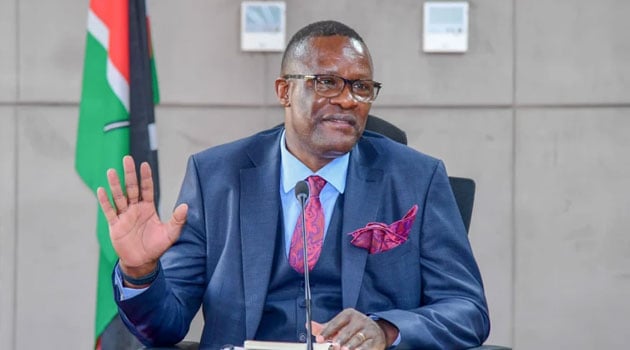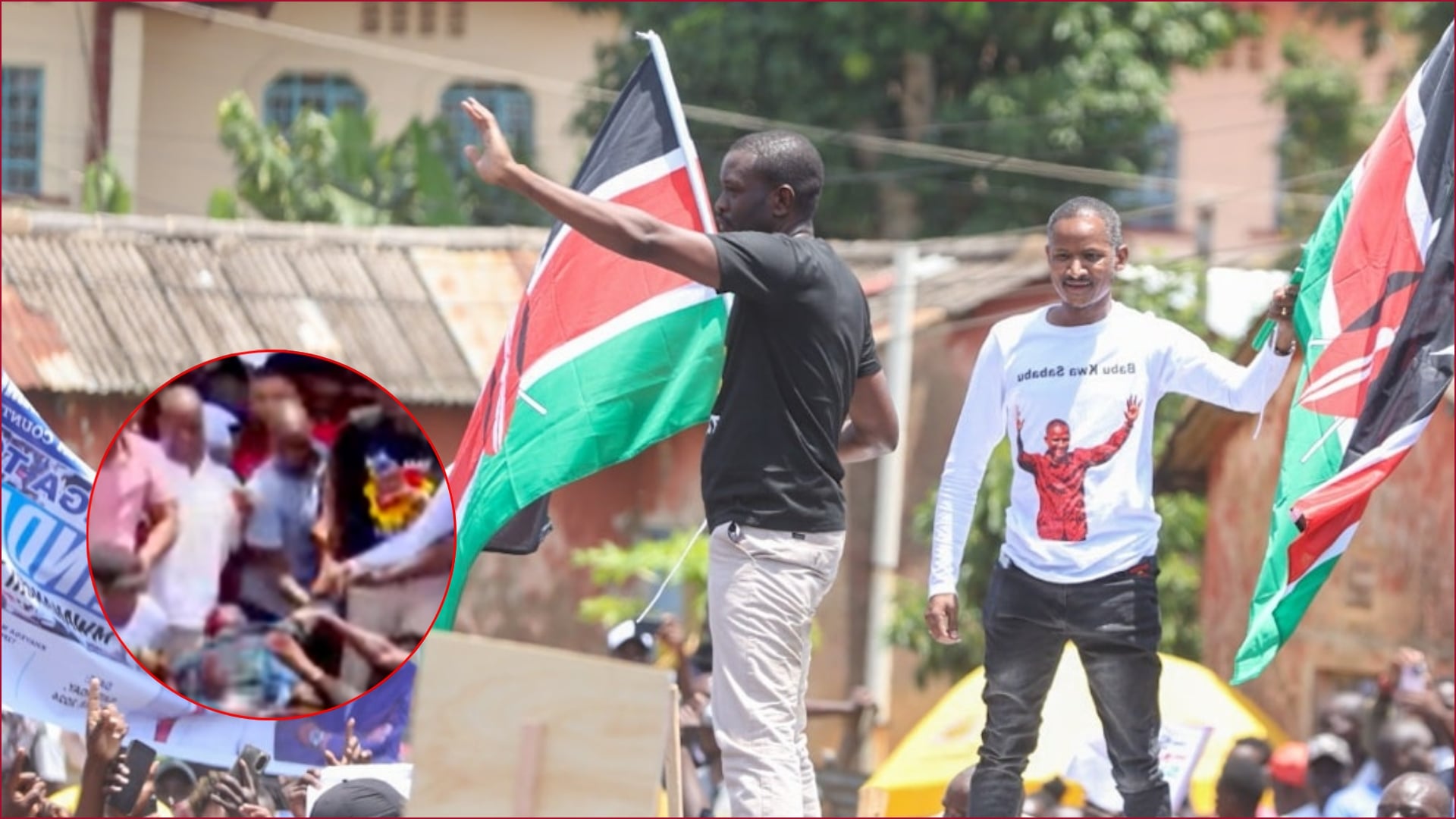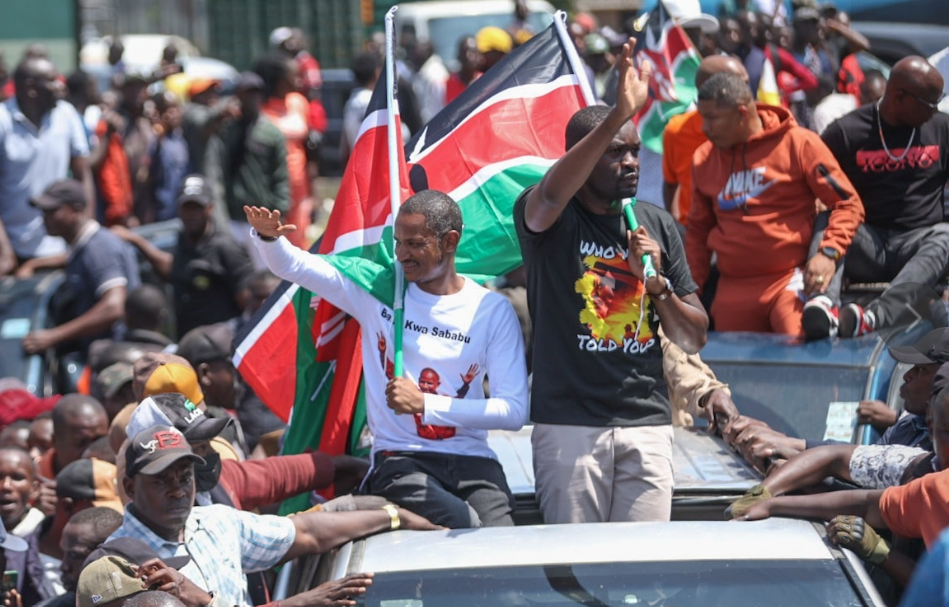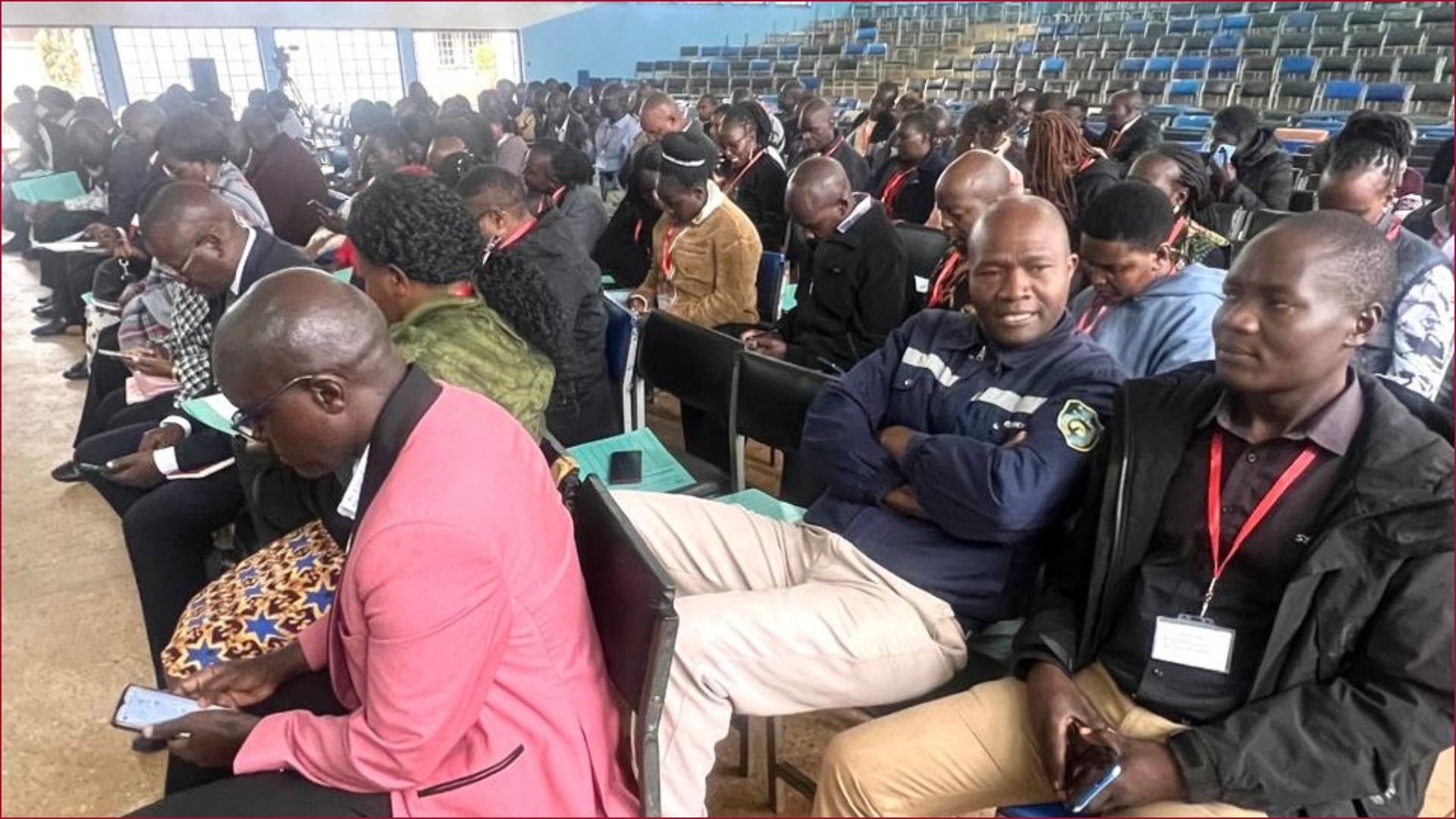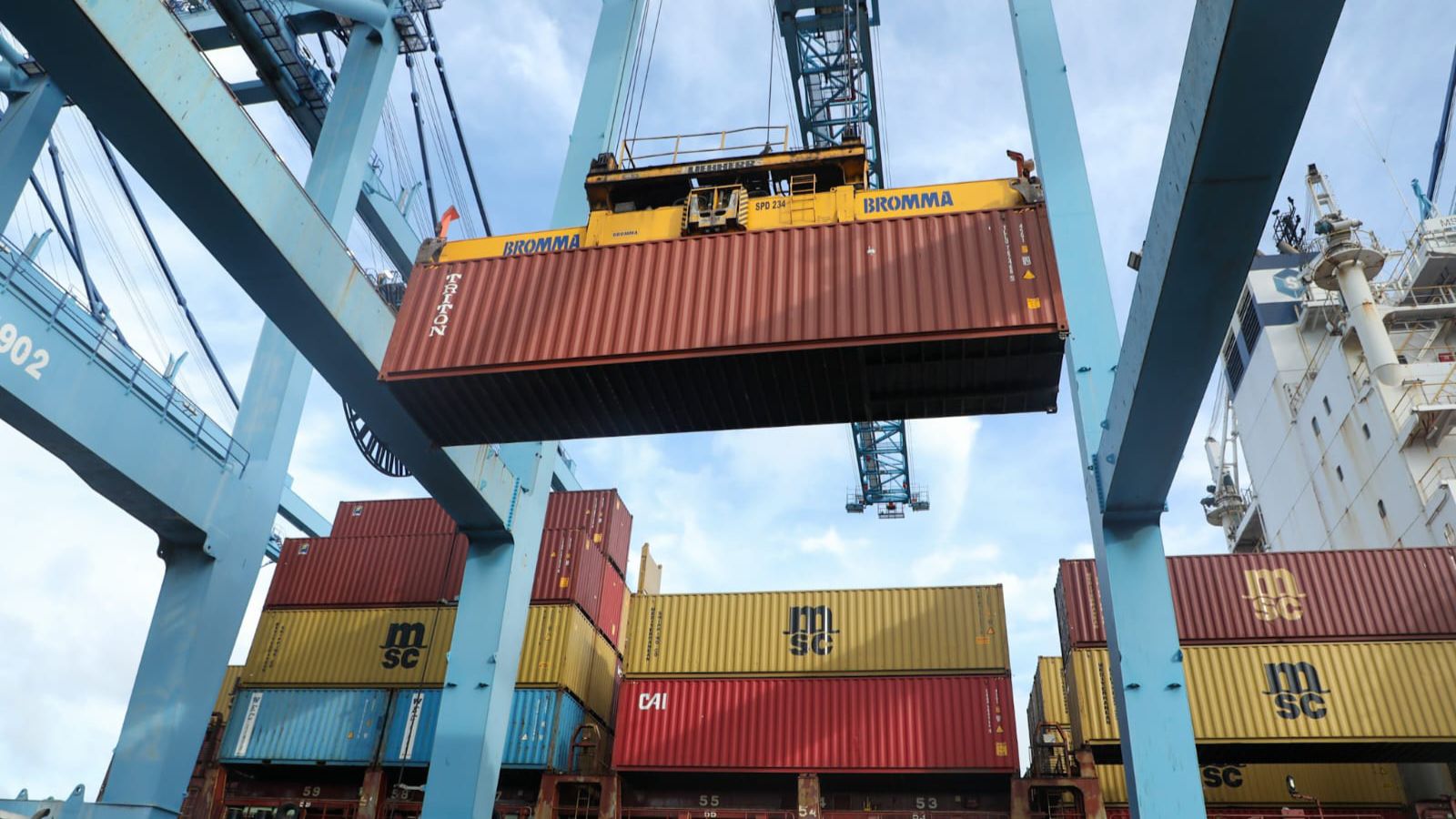In Kenya, politicians have long made significant donations to churches, sparking debate over their motives and ethical implications. While some view these contributions as acts of generosity, others argue they serve as tools for political influence or a means to launder ill-gotten wealth.
In recent years, several churches have rejected donations from politicians, signalling a shift towards greater financial transparency within religious institutions.
This article highlights high-profile instances where churches declined large donations from political leaders, fuelling public debate and reinforcing discussions on the intersection of faith, politics, and money.
Ruto’s Donation Rejected by Catholic Church
On 7 April 2024, President William Ruto donated Ksh 600,000 to the choir and Ksh 2 million for the construction of the Father’s House at Soweto Catholic Church in Nairobi.
He also pledged Ksh 3 million and a church bus. However, the Kenya Conference of Catholic Bishops (KCCB), led by Archbishop Philip Anyolo, rejected the donation and announced that any funds already received would be returned.
Read More
Archbishop Anyolo clarified that while political leaders were welcome to attend church services for spiritual nourishment, they should not use religious platforms for political influence.
He referenced the Public Fundraising Appeals Bill 2024, which mandates official permits for fundraising to enhance transparency and prevent undue influence. The bishops emphasised that political donations risk compromising the church’s neutrality and ethical integrity.
Sakaja’s Donation Also Rejected
Nairobi Governor Johnson Sakaja, who contributed Ksh 200,000 at the same event, also had his donation declined. Archbishop Anyolo reiterated that politicians should not exploit the pulpit for self-promotion.
The bishops argued that accepting such donations could compromise the church’s independence, especially amid ongoing concerns over political divisions, corruption, human rights violations, and unfulfilled government promises.
Archbishop Anyolo Donates Car he was Gifted
In January 2019, when William Ruto was deputy president, he gifted a brand-new Mitsubishi Pajero to Philip Anyolo during his inauguration as the Catholic Archbishop of Kisumu. Ruto stated that the car was from both him and then-President Uhuru Kenyatta.
Though he did not explicitly decline the gift, Archbishop Anyolo opted to donate the vehicle to another institution, stating that he already had a new car.
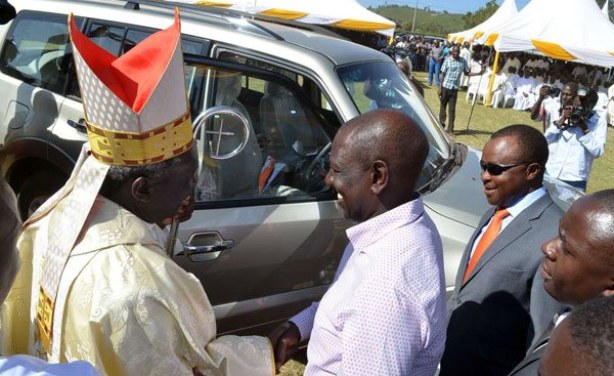
“The institution where I donated the Pajero is free to sell the vehicle and use the proceeds to improve the community,” he later explained in an interview.
Kiunjuri’s Donation Rejected
In February 2025, the Matanya Catholic Church in Nanyuki Deanery declined a Ksh 80,000 donation from Laikipia East MP Mwangi Kiunjuri.
While addressing the congregation, Kiunjuri initially pledged Ksh 40,000 but later doubled the amount to Ksh 80,000. However, the church’s priest refused to accept the donation.
A video circulating online shows Kiunjuri seemingly pleading with the priest to reconsider, but the clergyman stood firm in his decision, leaving the legislator with no choice but to walk away.
Archbishop Ole Sapit on Ruto’s Bungoma Church Donation
In December 2024, Anglican Church of Kenya (ACK) Archbishop Jackson Ole Sapit criticised the decision by Crispinus Anglican Church in Bungoma to accept a Ksh 5 million donation from President William Ruto, calling it “unfortunate.”
Although Anglican bishops have autonomy, Ole Sapit reaffirmed that church guidelines prohibit donations that serve as self-promotion for politicians.
“What happened in Bungoma was unfortunate because it seemed like a test to see how the Anglican Church would respond after the Catholic Church’s stance,” Ole Sapit remarked.
He added that while the church allows donations, contributors should not publicly announce their offerings, as this contradicts Anglican Church guidelines.
Prior to this incident, Ole Sapit had directed all Anglican churches to reject donations from politicians and their associates, citing concerns over unclear sources of funds.

